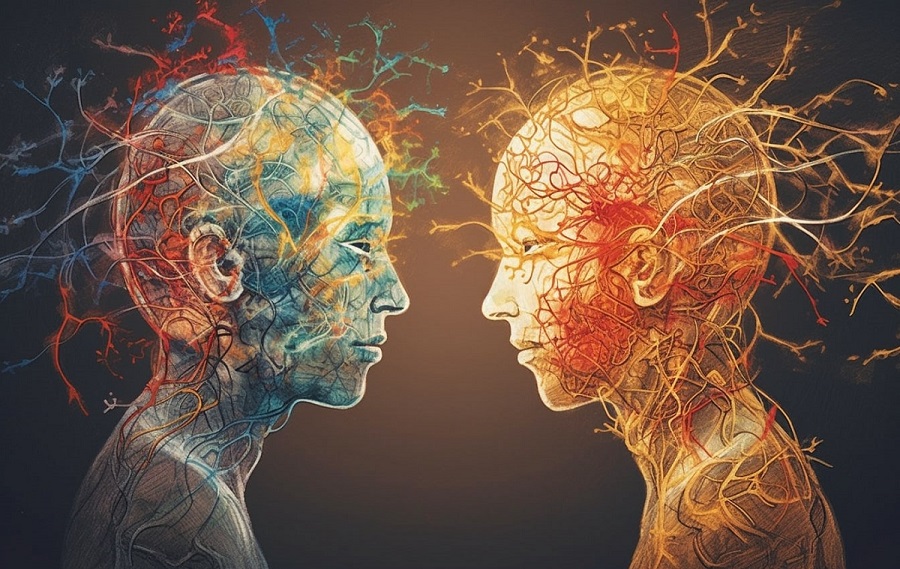In a groundbreaking study by the University of Minnesota, research has uncovered unexpected correlations between human cognition and personality traits — the cornerstones of individual identity that mold our persona and influence our engagement with the world.
Our personalities dictate our behaviors, feelings, and thinking processes, establishing whether we are outgoing, courteous, tenacious, inquisitive, or nervous. Conversely, cognitive capacity signifies our potential to comprehend and manage complex concepts, such as linguistic articulation, understanding advanced mathematical principles, and forming logical deductions.
While it is widely accepted that certain relationships exist — like the common assumption of introverted individuals often being more intelligent — the scientific community previously lacked a comprehensive understanding of these intricate connections.
The research, published in the Proceedings of the National Academy of Sciences, synthesizes data from over 1,300 studies from the past century, representing more than 2 million participants from 50 countries and integrating data from academic journals, test manuals, military databases, previously unpublished datasets and even proprietary databases of private companies.
This monumental endeavor presents an in-depth examination of the full pantheon of personality traits and cognitive abilities, spanning across a multitude of cultures and demographic groups. It features an array of 79 personality traits — from modesty to agreeableness — alongside 97 cognitive abilities — from reading speed to memory.
“Knowing how personality and intelligence are related allows us to ponder the much deeper question of why,” said Deniz Ones, a co-author of the study and a professor of psychology in the College of Liberal Arts. “These findings revolutionize our understanding of human diversity and individuality. Only by knowing ourselves can we fully tap into our potential.”
Key findings include:
- Individuals who are active and energetic tend to have a better command of various cognitive abilities. Most notably, this includes extensive knowledge, efficient memory retrieval, and enhanced information processing. Regardless of the subject, active folks tend to know more about it.
- People who tend to experience high levels of depression or anxiety may find it more difficult to accumulate knowledge or reason logically.
- Those who were more industrious and compassionate tended to have better verbal and quantitative knowledge skills. This discovery suggests an exciting connection between personality traits and how we learn.
- There are robust, positive relationships between many cognitive abilities and open-mindedness (i.e., receptivity to fresh ideas).
“It took over 13 years and a team of over 30 volunteers to seek out, translate, enter, and analyze the over 1,300 studies,” said Kevin Stanek, a co-author of the study who previously led the College’s Personality and Intelligence Lab. “We’re extremely grateful to the research team as well as the broader set of thousands of scholars, librarians, and companies who contributed their time and data to piece together this mosaic.”
A surprising revelation from this research was the consistency of research methods over the past century. Contemporary personality research often still employs self-reporting of agreement with written items. To counter this stagnation, the authors are working on research to explore the use of innovative methods such as sensor studies and generative AI for assessing personality traits and cognitive abilities.
Discover :

Thinking, Fast and Slow
On Sale
$12.99 $6.80
In his mega bestseller, Thinking, Fast and Slow, Daniel Kahneman, world-famous psychologist and winner of the Nobel Prize in Economics, takes us on a groundbreaking tour of the mind and explains the two systems that drive the way we think.

